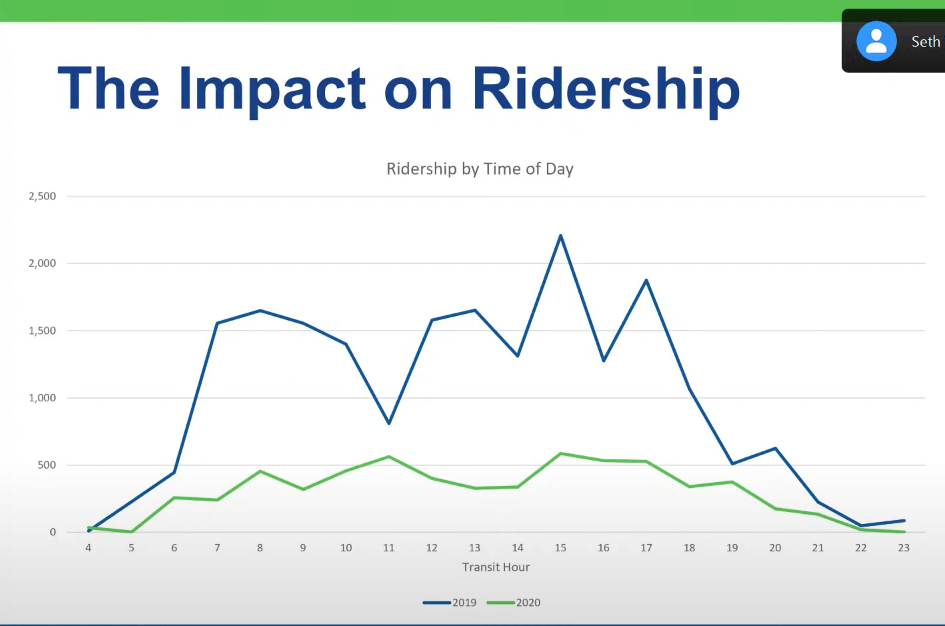Transit service is expected to be kept at 80 per cent of normal levels into the fall, despite Sechelt director Darnelda Siegers’ push at the Sunshine Coast Regional District (SCRD) for a return to regular bus service as a way to increase ridership and revenue.
Siegers made the motion to return to regular service after hearing BC Transit delegates speak at the SCRD’s July 16 infrastructure services committee meeting. They were seeking direction from the committee on service levels from September to December so that changes could be made to the annual operating agreement between the SCRD and BC Transit.
Currently, buses are running on a Saturday schedule, equating to 80 per cent of service levels.
Siegers said bringing back regular service would help build up ridership since it would bring a “more reliable, regular service for those who rely on the transit system.”
“We don’t know what the funding piece will look like, but that’s our best option to get back to bringing in the most revenue we can and providing the service the community needs,” she said.
Staff estimated that returning to regular service hours would result in a year-end deficit of between $68,475 and $104,475, larger than what’s projected if levels remain at 80 per cent. At current levels, the deficit is projected to range between $23,475 and $93,475, depending on whether a second wave of COVID-19 infections leads to another drop in ridership.
Ridership dropped to about 25 per cent of normal levels when public health restrictions took effect in March and is now hovering at about 45 per cent.
Fares weren’t collected for three months resulting in less revenue and on top of that, required extra cleaning is estimated to cost about $135,000 for labour and supplies from April to December.
The SCRD is expected to save some money through a break on lease fees for the fleet from July to December, reducing costs by about $270,000. The SCRD can also use operating reserves to offset expenses.
Sechelt directors Siegers and Alton Toth, Gibsons director David Croal and Sechelt Indian Government District director Warren Paull voted in favour of returning to regular service hours.
Croal was concerned keeping service at reduced levels could lead to losing staff, which could make it harder to rebound when levels increase again.
Chair Lori Pratt, Roberts Creek director Andreas Tize, Area F’s Mark Hiltz and Elphinstone director Donna McMahon preferred to keep levels at 80 per cent.
McMahon said gradually expanding service would be easier on the public. “To put it out there and then to have to cut it back again, I think we’d create even more uncertainty in an uncertain time.”
Siegers’ motion failed on the tie vote. Directors instead voted to move ahead with staff recommendations to maintain service levels at 80 per cent, with Siegers and Croal remaining opposed.
Once approved at board, a new schedule is expected to be created for September based on the 80 per cent figure.
At the meeting, both BC Transit and an SCRD staff report acknowledged the headaches unplanned BC Ferries schedule changes caused for bus riders.
“The often short notice from BC Ferries on these schedule changes has resulted in complaints from transit riders as staff were not able to change our schedule and operations quickly enough to ensure a smooth transition for passengers between the ferry and our transit system at all times,” said the staff report. Staff said people have also complained about a lack of physical distancing on buses and a lack of regular service.
SCRD Infrastructure general manager Remko Rosenboom also updated directors on the youth transit pilot program, which was supposed to try out free passes for young people on the Sunshine Coast. It has been postponed to 2021 because of changes to the budget due to COVID-19.



